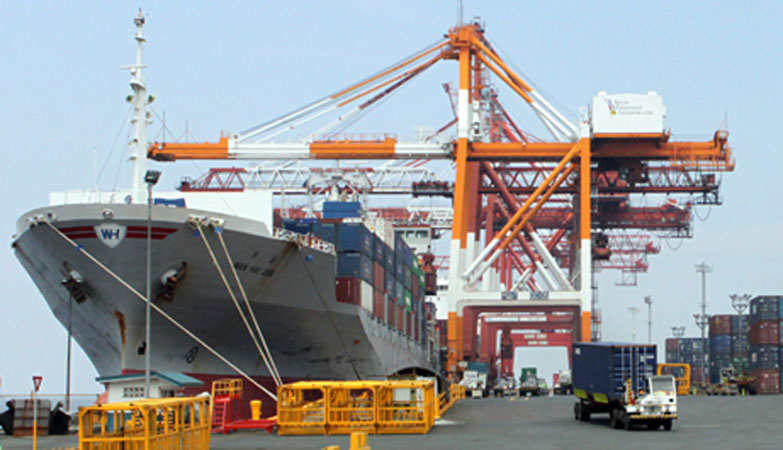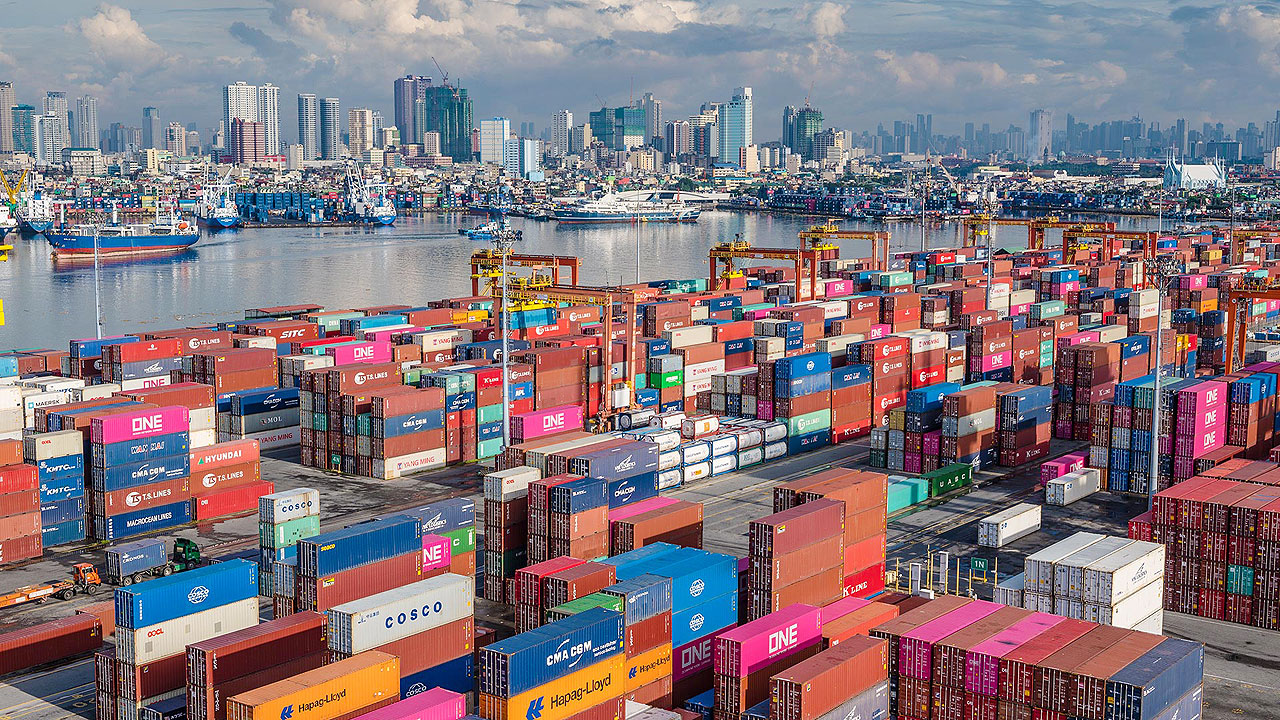


The Philippines is witnessing a renewed interest from the United States in pursuing a bilateral free trade agreement (FTA), as reported by the Department of Trade and Industry (DTI). Trade Secretary Ma. Cristina A. Roque expressed optimism about negotiating a next-generation trade agreement that would emphasize labor rights, environmental protection, and social inclusivity. This development comes as the Philippines aims to expand its access to global manufacturing value chains and advocates for the reauthorization of the Generalized System of Preferences (GSP), which expired on December 31, 2020, impacting duty-free exports worth $1.6 billion in 2020 [9404de57].
The renewed interest from the US aligns with the Philippines' ongoing efforts to strengthen its economic ties with key partners. Ceferino S. Rodolfo, the Managing Head of the Board of Investments (BoI), noted that key officials from the Trump administration had previously shown support for an FTA during the 2017 ASEAN Summit [f41e52e1]. On February 4, 2025, Roque emphasized the significance of free trade in the Indo-Pacific region, which contributes 60% of global GDP, highlighting the Philippines' involvement in the Indo-Pacific Economic Framework for Prosperity (IPEF) to enhance bilateral trade and economic interests [9404de57].
In addition to its negotiations with the US, the Philippines is also in talks for an FTA with the European Union, with the second round of discussions scheduled for February 10-14, 2025 [f41e52e1]. Meanwhile, regional neighbors like Thailand and Malaysia are also working to boost their bilateral trade, aiming for US$30 billion by 2027, showcasing a broader trend of countries in the region seeking to enhance their economic resilience through trade agreements [06daf9ec].
As the Philippines navigates these complex negotiations, the European Chamber of Commerce of the Philippines (ECCP) has launched its 2025 Doing Business in the Philippines Guidebook to assist potential investors in understanding the local market [f41e52e1]. With ongoing discussions with both the US and the EU, the Philippines is strategically positioning itself to leverage its partnerships for economic advancement in an increasingly interconnected global landscape [9404de57].